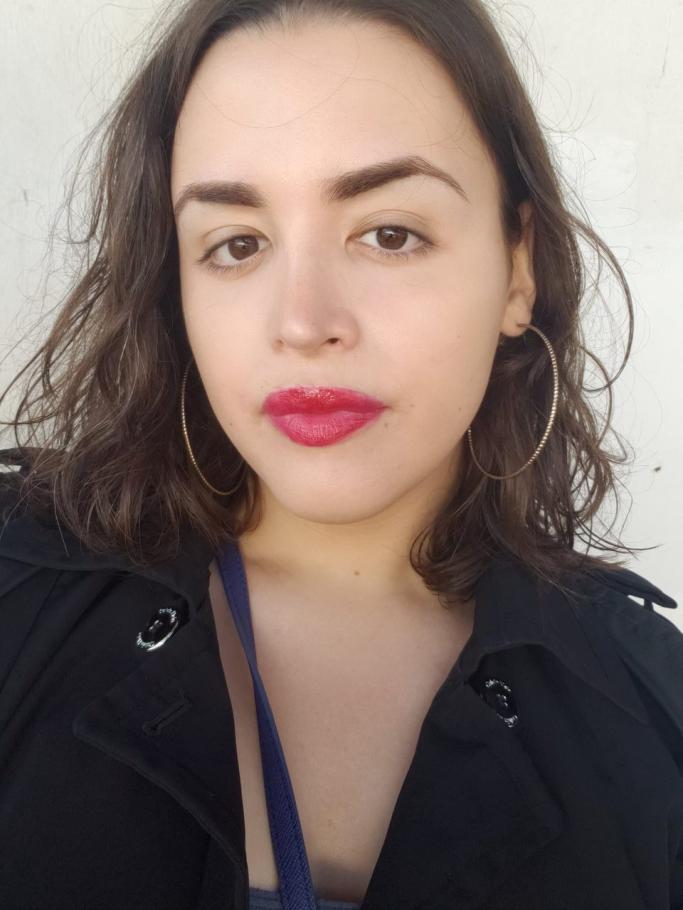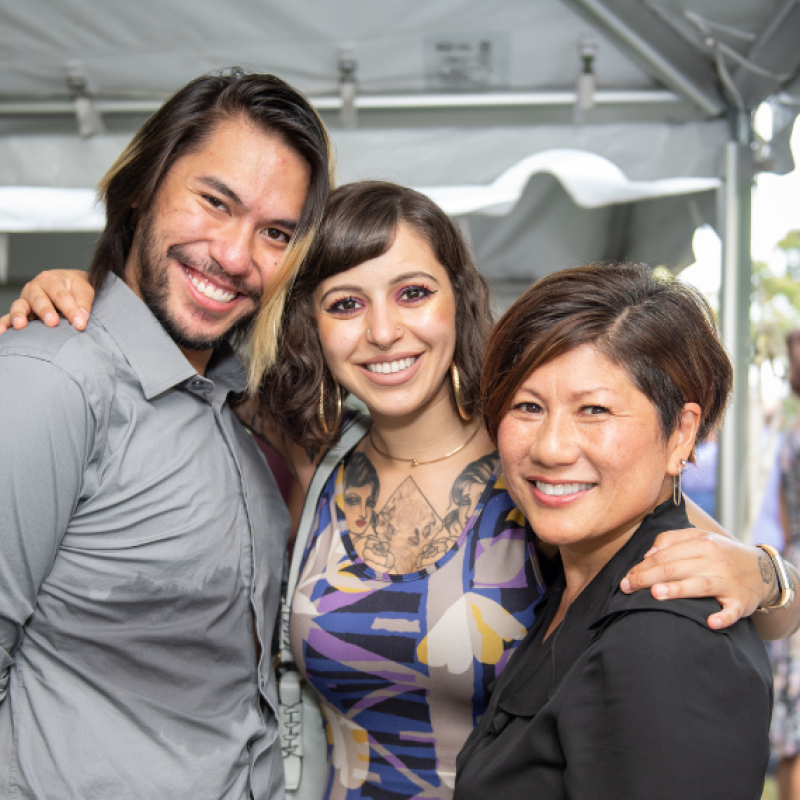
Asaelle Mendez’s experience with therapy in her early twenties was “life-changing.” “When I say it was life-changing—it was necessary. I had to unpack a lot that happened to me as a child and adolescent.”
Wanting to give back led her to social work. And its antiracism commitment, along with its coursework and schedule, led her to Smith. Born and raised in East Harlem, Mendez also wanted “to take a sort of ‘calculated risk,’ see how I would manage a big change, a new environment.”
Being on campus wasn’t easy at first. She felt intimidated by the “prestigious” degrees of her classmates. Ultimately, many of them became good friends. And there was “the intensive workload, the intense internal work—figuring out who we are—that comes with being in the program.” And, she noted, “Race was a hot topic.” Supportive professors and involvement in several student organizations helped.
Her second year, when she was an intern at the Ali Forney Center in New York, COVID brought new challenges, including figuring out how to provide mental health services remotely to homeless LGBTQ youth, financial struggles—and the loss of her grandmother and uncle.
Given the hurdles she has overcome, Mendez is strikingly positive: “Getting through the program wasn’t an easy journey, but it was rewarding and eye-opening. It moved me toward a more activist role.”
Looking ahead, Mendez is open to a range of professional possibilities, but would like to continue working with emerging adults and LGBQT people of color. Of the latter, she said, “Many providers don’t serve that intersection. We need a lot more people of color in the field.”
“Whatever I do, I just want to do the best I can. Being a trans woman of color, I’ve been conditioned to hide things about myself. I still struggle with vulnerability, against stigma, with whether to share my story or not. But I also want people to know what is attainable. I didn’t always know I could be this strong. By telling my story, I hope I can help someone else.”


